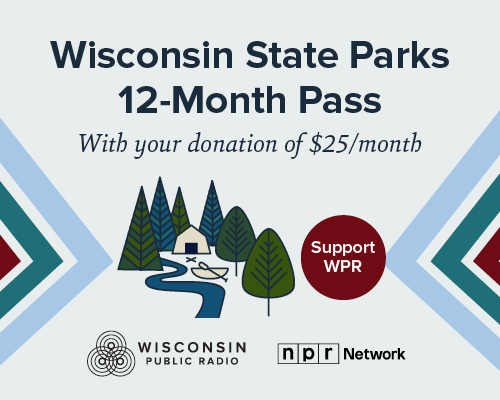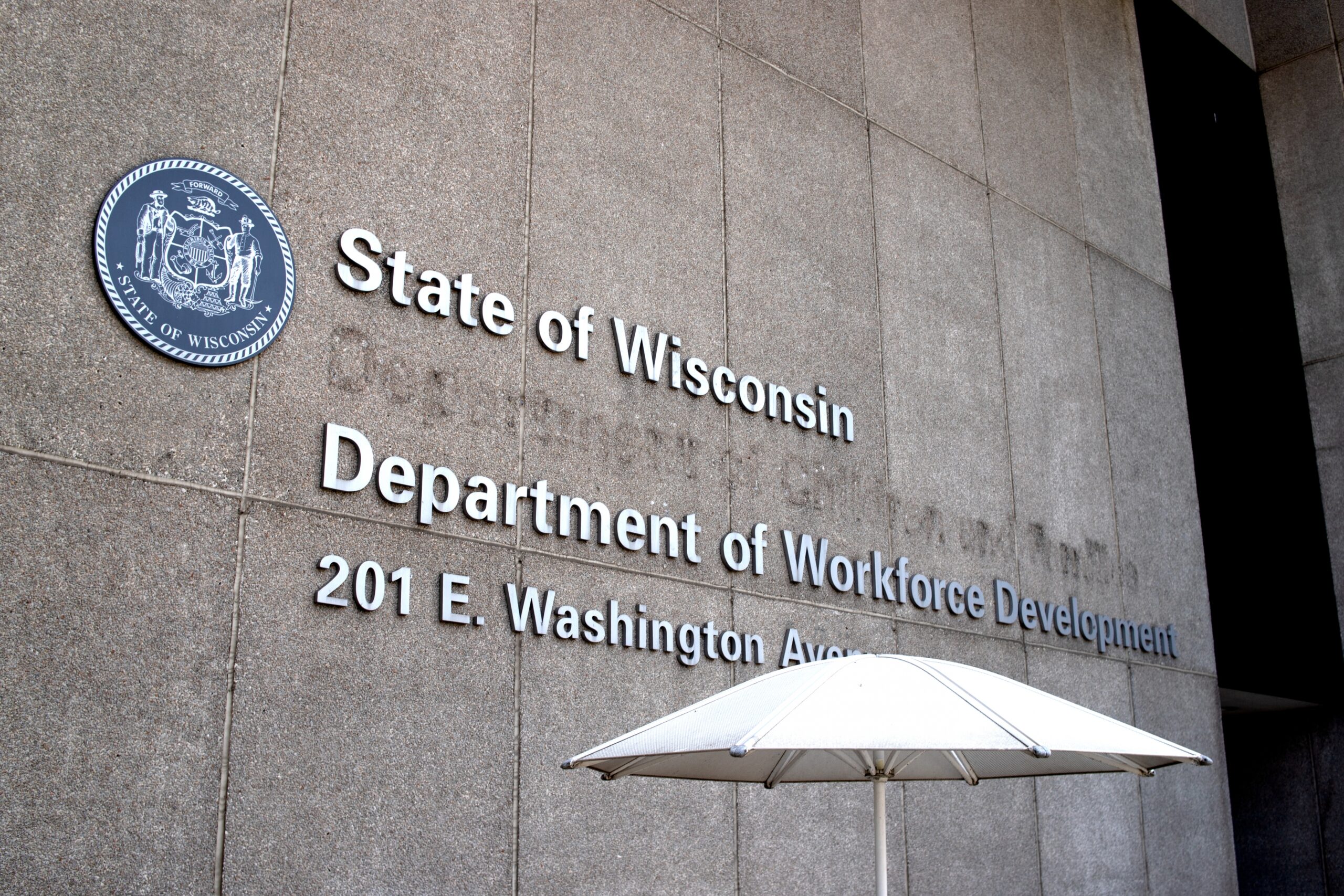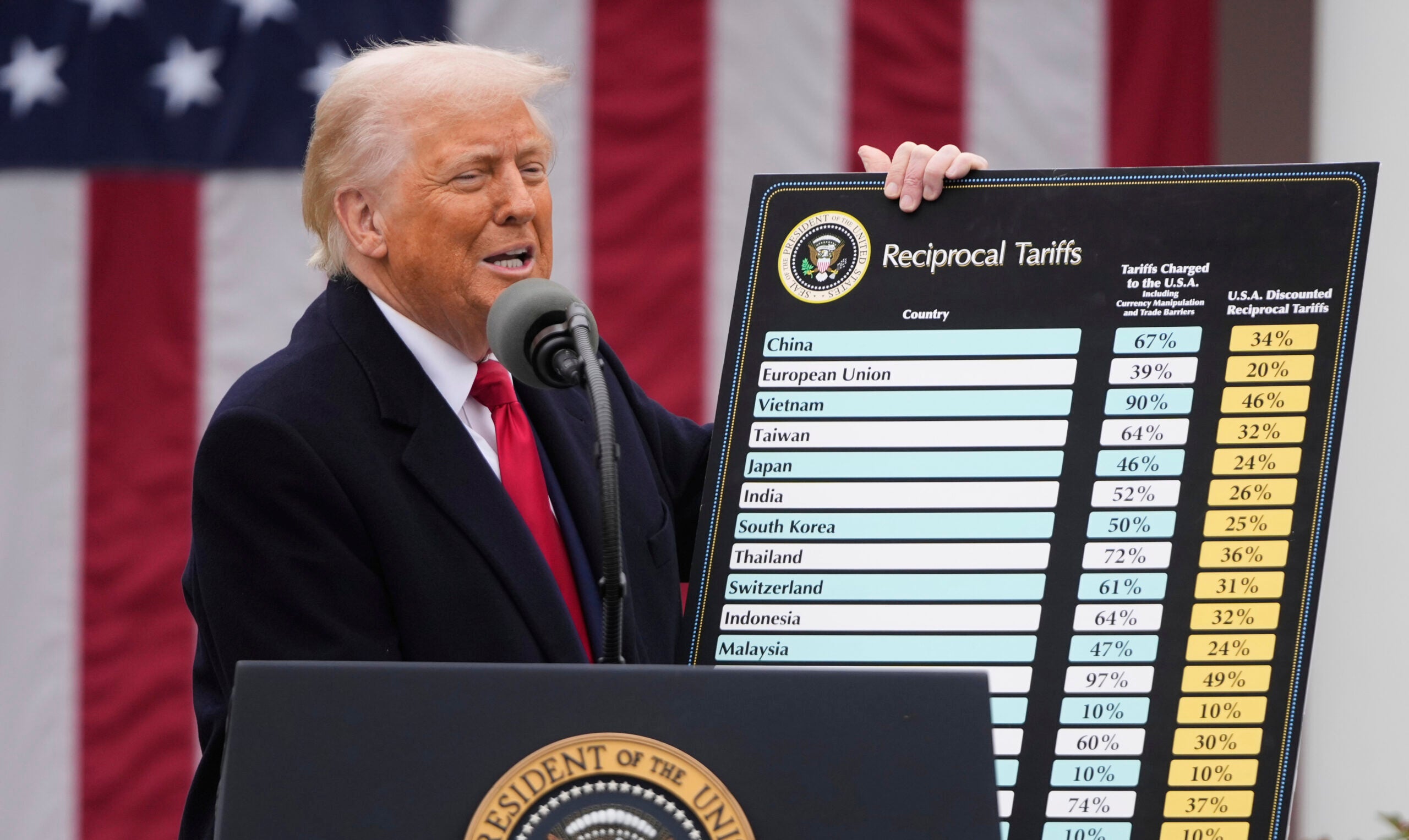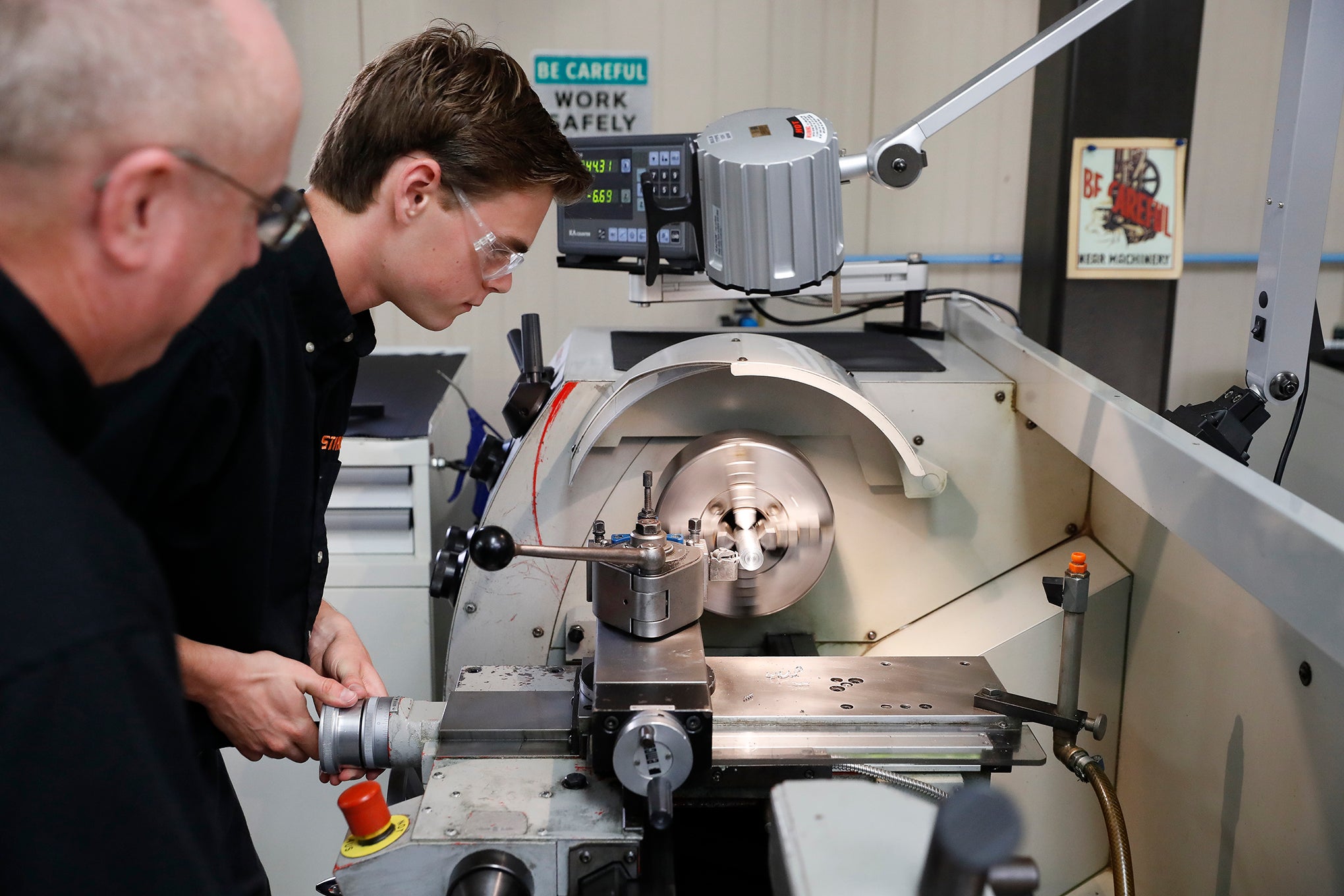Mike Ivey has a competitive nature. He’s completed 29 Birkebeiner cross country ski marathons, and with extra time to hit the snow now that he’s mostly retired, he doesn’t plan on slowing down anytime soon.
So it went against those years of racing experience when Madison’s Capital Times newspaper asked Ivey to sign a non-compete agreement as part of the buyout he took after three decades as a reporter.
“I think some of my competitiveness in sports led me to the news business,” Ivey said on a recent afternoon while waxing his skis for an upcoming event. “Being a competitive reporter I wanted to get the scoop. So that really drove me for a long time in the newspaper business. I started as a sports writer.”
News with a little more humanity
WPR’s “Wisconsin Today” newsletter keeps you connected to the state you love without feeling overwhelmed. No paywall. No agenda. No corporate filter.
The paper asked him to sign a non-compete agreement lasting six months, Ivey recalled, and he was unsure what to do.
“I didn’t really want to rock the boat too much and ruin my severance package. But then I called a friend who is a lawyer, and she said those non-compete agreements are really hard to enforce. And then I thought, ‘I’m not going to sign it,’” Ivey said.
The paper’s executive editor, Paul Fanlund, declined to comment on personnel matters and wouldn’t say if such agreements are standard practice.
In Ivey’s case, he didn’t suffer any repercussions for refusing to sign and has been able to write as a freelancer for other publications. But for others, a non-compete can mean lost income and, for companies, it may reduce their ability to find qualified workers. Additionally, employees who want to leave and start their own business in the same field or geographic area may not be able to do so.
Such agreements are part and parcel of many jobs, everything from fast food joints to tech startups. It’s estimated1 in 5 workers in the United States has a non-compete agreement.
Joe Kirgues runs gener8tor, a Wisconsin-based business accelerator that invests in startups that rely on digital technology, and he argues non-competes put up roadblocks for would-be entrepreneurs and stifle state job growth.
“The arguments for us is the free market,” he said. “We think that competition has been a hallmark of American success. And if you’re looking to foster competition, I don’t think you accomplish that by enforcing an agreement whose title begins with the word ‘non-compete.’”
Kirgues was an outspoken opponent of a proposed change to state law last year that would have expanded the scope of non-compete agreements in Wisconsin, making them more favorable to businesses. Wisconsin Manufacturers and Commerce was in favor of the law. The group did not respond to requests for comment for this story.
More recently, President-elect Donald Trump drew controversy for having strict non-compete clauses for his campaign workers.
Prior to that, President Barack Obama was going a different direction. In October, the White House announced a new effort to curb the use of unnecessary non-compete agreements that “come at the expense of wage growth, entrepreneurship and broader economic growth.”
Martin Ganco, an associate business professor at the University of Wisconsin-Madison, is part of a nationwide effort to find out how widespread non-competes are, which industries use them, and how they impact companies, workers and the overall economy.
“There has not been a lot of good data about non-competes,” Ganco said. “So we don’t really understand how non-competes work, how they’re used, why firms use them or even why firms don’t use them when they have the opportunity to use them.”
Ganco said they’ll have results from their survey of businesses in the spring.
Meanwhile, hope springs eternal for those like Kirgues. He’d like non-competes repealed or scaled back. Through statute and common law, Kirgues said, California has virtually banned all non-compete agreements.
The likelihood of that happening nationally may have been better under the soon-to-be previous administration. Trump has threatened to repeal many of Obama’s executive orders, possibly including those focused on non-compete agreements in the workplace.
Wisconsin Public Radio, © Copyright 2025, Board of Regents of the University of Wisconsin System and Wisconsin Educational Communications Board.







